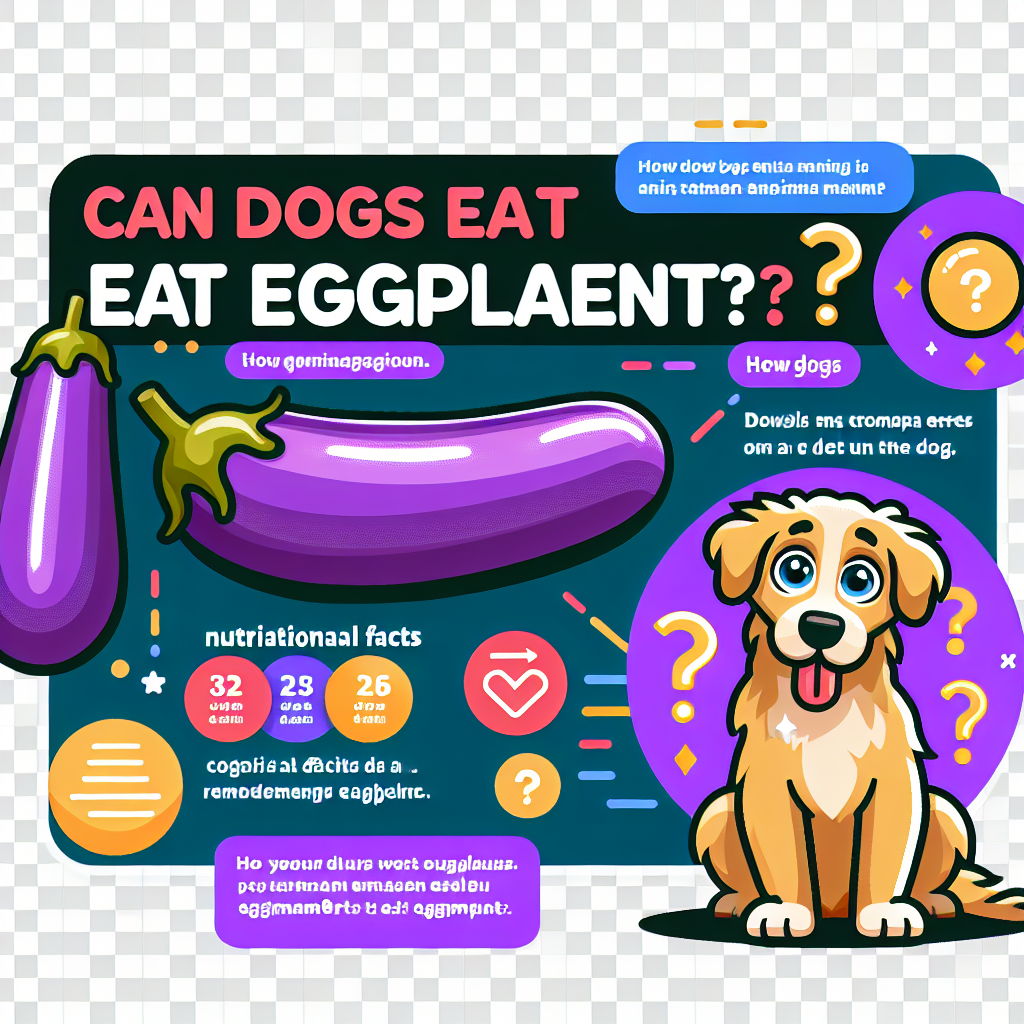How Long Can a Dog Go Without Eating?
As a pet owner, understanding the dietary needs of your furry companion is crucial for their health and well-being. One common concern among dog owners is how long a dog can go without food. While dogs are resilient and can endure short periods without sustenance, the duration can vary significantly based on several factors, including their age, health, and environment.
Key Factors Influencing Duration Without Food
-
Age and Health: Puppies, adult dogs, and senior dogs have different nutritional needs. Puppies require frequent meals for growth and energy, while senior dogs may face health issues that can affect their appetite. A well-nourished adult dog might survive longer without food than a puppy or a senior dog with health concerns.
-
General Health: A dog’s overall health plays a vital role in their ability to go without food. Dogs with underlying health issues such as kidney disease, diabetes, or gastrointestinal problems may rapidly deteriorate without regular meals. Healthy dogs can tolerate short fasts better than those with compromised health.
-
Water Intake: Access to water is critical. While dogs can survive without food for several days, they typically cannot go without water for more than a few days. Dehydration can lead to serious health issues far quicker than starvation.
-
Size and Breed: Larger breeds may have more fat reserves and could last longer without food compared to smaller breeds. However, this doesn’t mean that all dogs can or should go extended periods without eating.
- Stress and Environmental Factors: Factors such as stress, anxiety, or changes in environment can significantly affect a dog’s appetite. Situational stressors—like moving to a new home or the arrival of a new pet—can result in temporary food refusal.
How Long Can Dogs Actually Go Without Food?
In general, a healthy dog can survive without food for 3 to 5 days, although this is not ideal. As starvation progresses, dogs will begin to exhibit symptoms of malnutrition, which can manifest as lethargy, weakness, and a decline in overall health.
In some extreme cases, dogs have survived for up to 7 days without food, but this is rare and often not without severe health consequences.
Signs of Food Refusal
If your dog has not eaten in more than 24 hours, it’s important to monitor for signs that can indicate an emerging health issue, including:
- Lethargy
- Vomiting or diarrhea
- Changes in behavior or energy levels
- Weight loss
- Excessive thirst
What to Do If Your Dog Won’t Eat
If your dog refuses to eat for more than a day, consult your veterinarian to rule out underlying medical issues. A veterinarian may suggest:
- Routine Check-up: Ensuring that there are no health conditions causing the refusal to eat.
- Dietary Changes: Sometimes, a change in the diet or introducing more palatable foods can stimulate appetite.
- Stress Management: Identifying and mitigating stressors in your dog’s environment may improve eating habits.
Conclusion
While dogs can survive for days without food, regularly skipping meals is concerning and should never be the norm. Owners should be vigilant and proactive when their dog shows disinterest in food, emphasizing the importance of proper nutrition and addressing any potential health issues with the help of a veterinarian. Remember, a balanced diet is essential for your dog’s health, happiness, and longevity!




